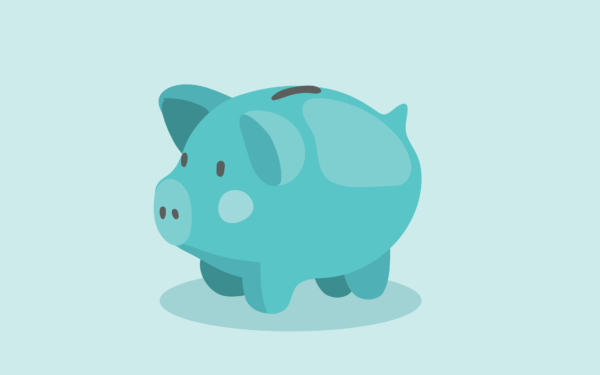Article 130 – The only article artists must read.
June 4 2019
As an artist you must be able to focus on your artistic work. You need to include a basic administration, but to read articles in laws? No, that should not be a requirement. And yet it is best to give article 130 of the Unemployment Benefit Decree of 25 November 1991 a moment’s thought. Certainly, when you have to claim unemployment benefits.
Entitlement to unemployment benefits
Protection against unemployment is a simple regime in Belgium. If you work as an employee, you contribute. If you fall out of work, you are entitled to benefits, provided you have contributed sufficiently. As an artist you are no exception to that rule. If you have not worked sufficiently within the working status of employee, you will not be granted access to unemployment benefits. Note that income from copyrights or neighbouring rights will not be taken into account when searching for access.
Those that get access are entitled to benefits for every day they have no work (and therefore no salary). The Unemployment Benefit Decree (UBD) nicely expresses this as follows: To be able to receive benefits, the unemployed person must, due to circumstances independent of his will, be without work and without pay (Article 44). You may not combine work and benefits. You may not combine a replacement income with a benefit. Moreover, your unemployment must be involuntary. On top of that, the will to work must be present. And that principle is also reflected in the UBD: in order to receive benefits, the fully unemployed person must be available for the labour market (art.56). And that is quite understandable.
Those who are not completely unemployed or are not fully available for the labour market, are not entitled to full benefits either. To that end, article 130 of the UBD provides for a limit on the income that you derive from a secondary activity, from a mandate or from an (invalidity) pension. And the exercise of a creative or interpreting artistic activity is also explicitly mentioned.
Intellectual property is not considered as property
If, during the course of the year in which you receive unemployment benefits, you also receive income directly or indirectly from an artistic activity, then this income can, based on Article 130, lead to a recovery of benefits received. Since Article 130 was amended in 2014, the Belgian unemployment office considers your income from copyright and neighbouring rights as an indirect income from an artistic activity.
So, while your income from rights is not taken into account when seeking access to unemployment, it is strangely enough taken into account once you have gained access to unemployment. But only to limit your right to unemployment benefits.
And that is not fair. After all, they are income from property, from intellectual property. And income that you derive from ownership does not fall within the scope of Article 130. If you are the owner of a house that you rent out, then that rental income will not be taken into account. If you are the owner of shares, the dividends paid will not be taken into account. If you sell your car, you do not have to declare this income to the unemployment office. Income arising from the ordinary management of one’s own property is explicitly exempt (by Article 45).
But, when it comes to intellectual property, that rule seems to be ignored for the time being. Income arising from licenses or the transfer of intellectual property are taken into account to reduce the daily amount of one’s benefits and to reclaim benefits already received. As a result, in recent years many musicians and actors have been audited by the unemployment office and wrongly subjected to a recovery of benefits. Wrongly since intellectual property is property and income from rights does not affect the fact that you are unemployed, nor your full availability for the labour market.
PlayRight is has no knowledge on the working status of its members. We do not need to. When calculating remunerations, we do not take into account the working status within which a performance that gives rise to a protection by neighbouring rights has been made. Nor do we take into account the working status at the time of paying out remunerations. Employee, self-employed, unemployed, retired, the Copyright Act grants everyone the same neighbouring rights, regardless of the working status. All must therefore be able to enjoy them in the same way.
As a result of its way of acting, the unemployment office has introduced a discrimination that does not exist in copyright law. PlayRight therefore continues to assist its members in challenging decisions and striving for an equal treatment of the income that our artists derive from their intellectual property rights. With the emphasis on property.


